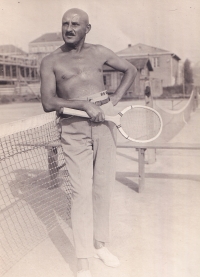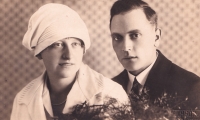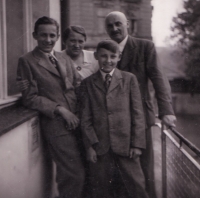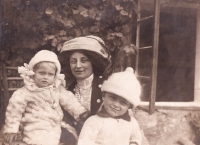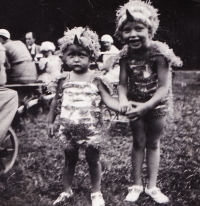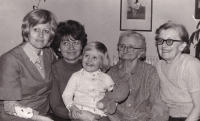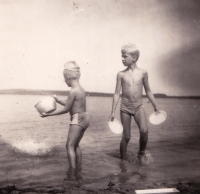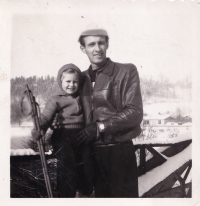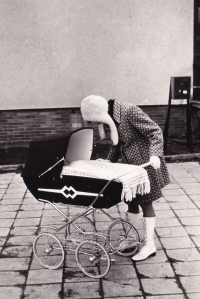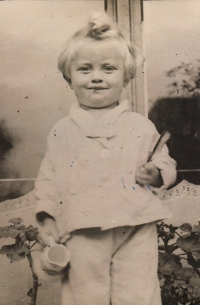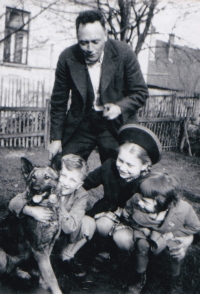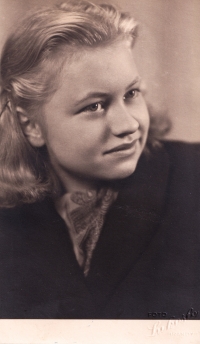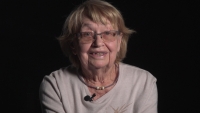Change is part of life
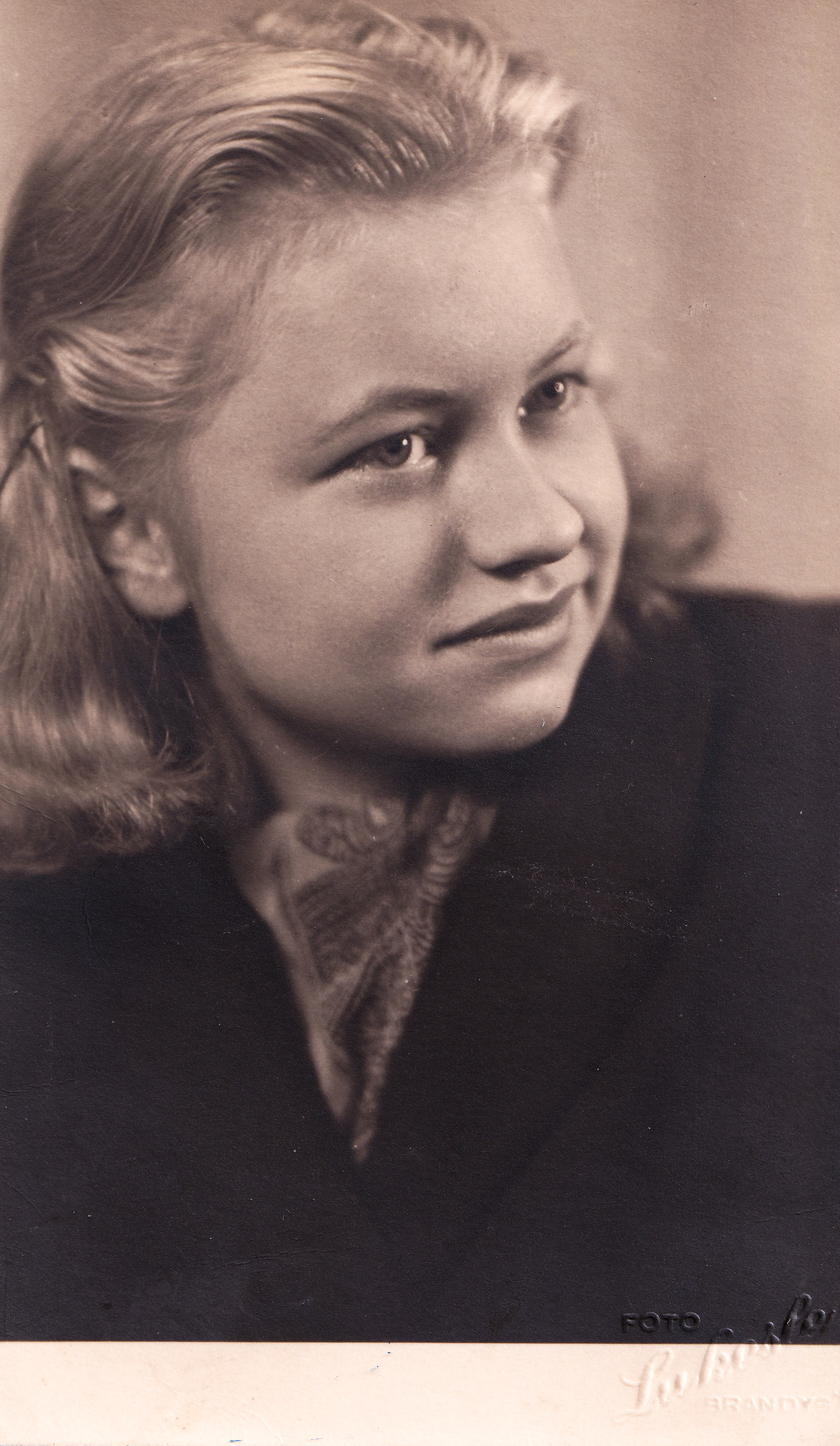
Download image
Eva Nebesářová, née Pakostová, was born on November 24, 1928 in Brandýs nad Orlicí. Her parents worked at a post office. She spent her childhood and the Second Wolrd War in Brandýs and also completed her primary education there. She attended high school in Chrudim, where she pursued woodcarving. However, the Nazi authorities closed the school down after some time, which is why Eva was forced to labour in factories. For 3 months after the war she then worked in agriculture to substitute for the missing labour force. After that she moved to Mladá Boleslav, where she worked in industry and where she met her future husband Vladimír Nebesář. The couple married in 1948 and together moved first to Liberec and later settled in Most in 1953. She worked there as a boiler operator and later as a boiler room controller. She then studied at the Institute for Industrial Education in Prague and worked as an adult training methodology specialist. Eva Nebesářová has lived in and witnessed the city Most before its demolition, executed in the name of surface coal mining. She is the author of several short texts and stays interested in current affairs to this day.

